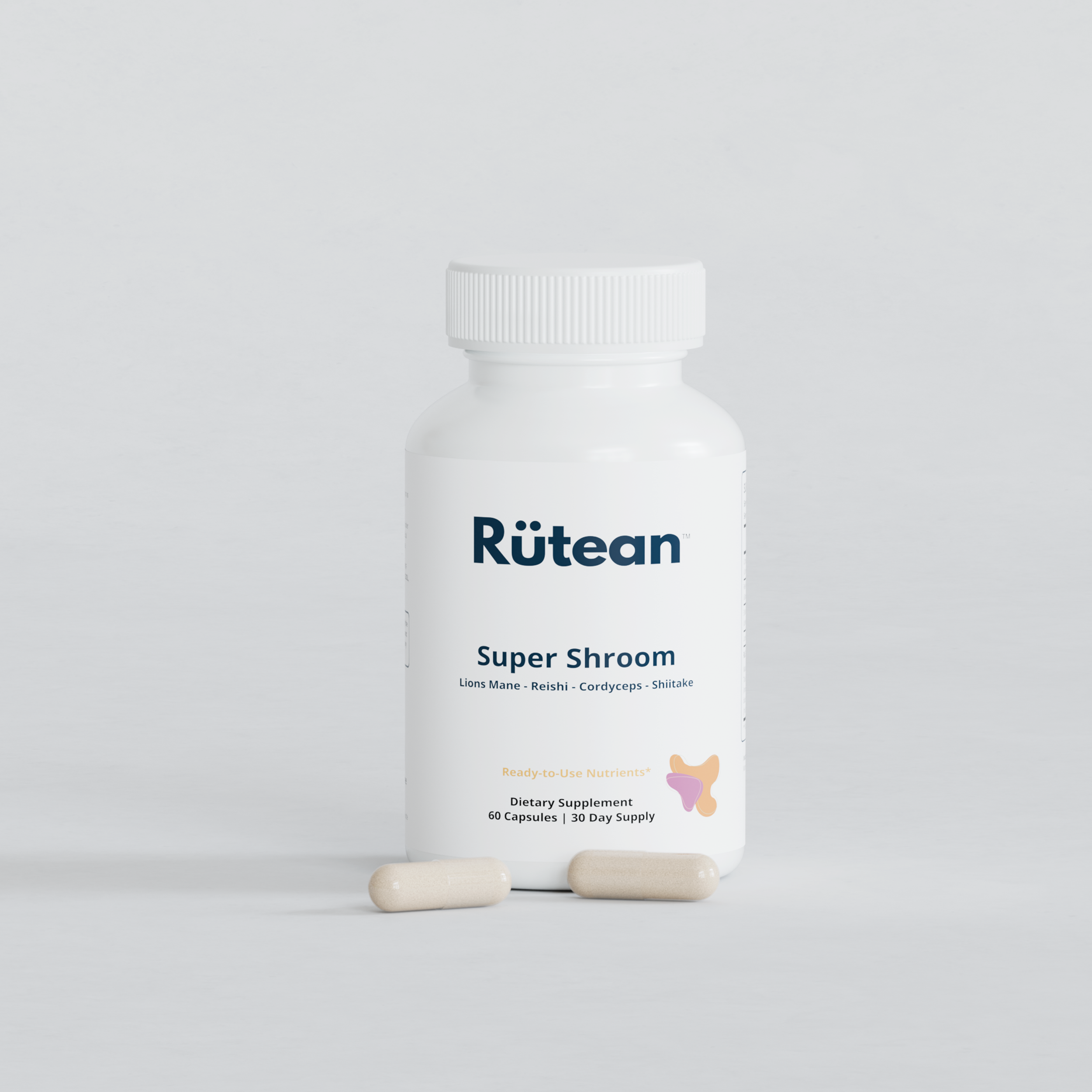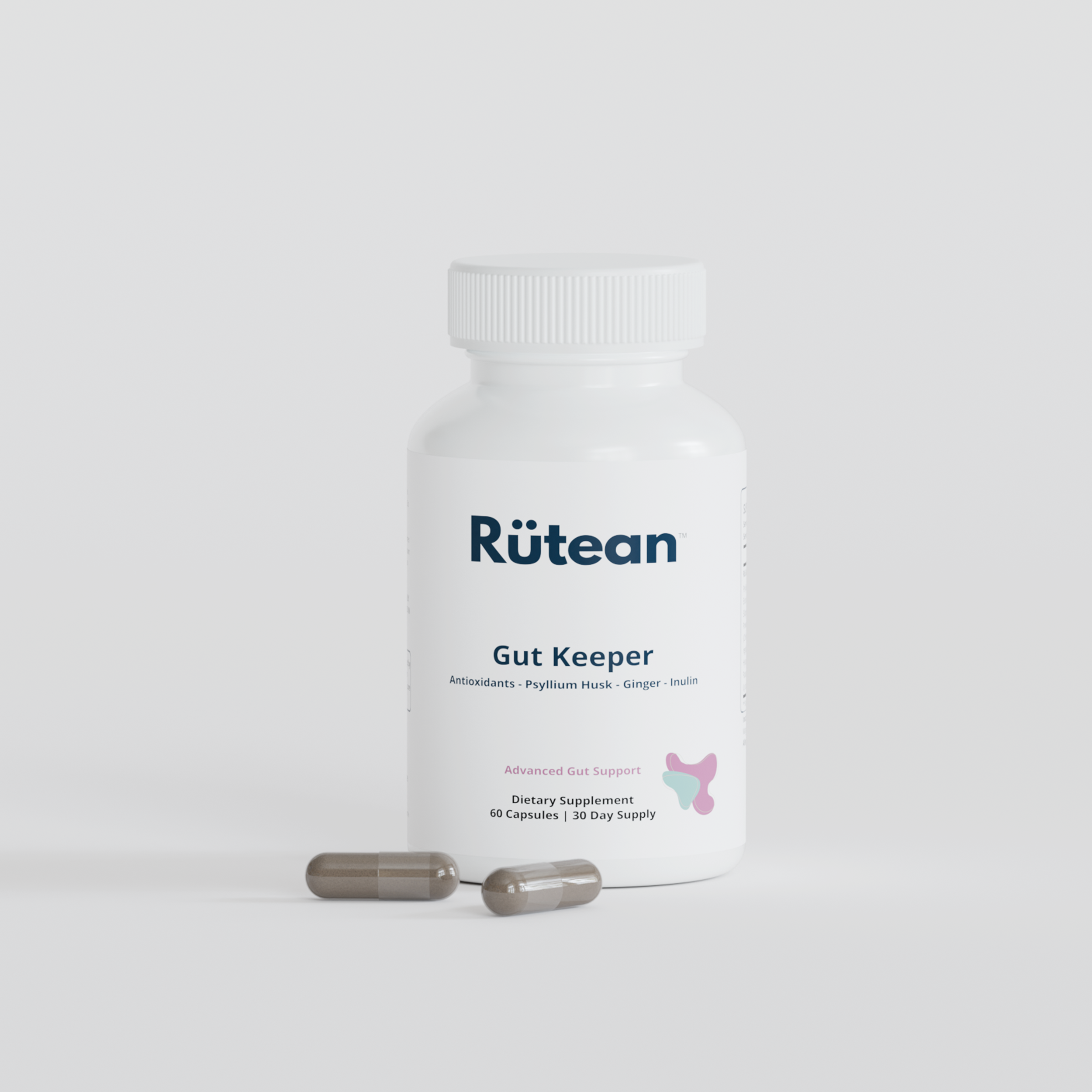Ever wonder why you feel butterflies in your stomach when nervous or why comfort food feels so soothing? It turns out, the trillions of microbes living in your gut have a lot to do with more than just digestion—they're pivotal to your mood, immunity, and even how you handle stress. Let's dive on how nurturing your gut can lead to profound health benefits.
1 - The Amazing Gut-Brain Connection
The gut and brain are in constant communication, thanks to the gut-brain axis[1]. This link is so strong that the gut is often called the "second brain." Here's the fascinating part: some of the microbes in your gut produce the same neurotransmitters found in the brain that regulate mood, including serotonin, known as the happiness chemical. By supporting a diverse and healthy gut microbiota, you're directly influencing your mental well-being, potentially reducing feelings of anxiety and boosting your overall mood.
2 - Boosting Your Immune System Through Your Gut
A vibrant, diverse gut microbiota is like having a supercharged immune system[2]. These microbes educate and regulate the immune system, teaching it to differentiate between harmless and harmful invaders. This not only helps in warding off infections but also prevents overreactions that could lead to allergies or autoimmune diseases. By fostering a healthy gut environment, you're equipping your body with a more robust defense system against everyday threats.
3 - Hormonal Balance and Your Gut
Your gut microbiota also plays a role in hormonal regulation, which affects everything from your appetite to your stress levels[3]. A balanced gut helps to ensure that your body's hormones are functioning smoothly, promoting feelings of well-being, helping with weight management, and even contributing to better sleep patterns. This intricate relationship shows just how impactful a healthy gut can be on your body's overall harmony and balance.
4 - Nurturing Your Gut: Practical Tips for Everyday Wellness
Improving gut health is easier than you might think, and it doesn't require drastic changes to your lifestyle. Incorporating a variety of fiber-rich foods, such as fruits, vegetables, and whole grains, can significantly benefit your gut microbes. Fermented foods like yogurt, kefir, and sauerkraut are also great for adding beneficial bacteria to your diet. Staying hydrated, getting regular exercise, and ensuring plenty of restful sleep each night are equally important for maintaining a healthy gut microbiome[4].
Beyond diet and lifestyle, managing stress through mindfulness practices like meditation or yoga can positively affect your gut health, creating a virtuous cycle of wellbeing that impacts your entire body.
5 - Embracing the Journey to Better Health
Understanding the critical role of gut health in influencing mood, immune response, and hormonal balance opens up new avenues for enhancing our quality of life. By taking simple, proactive steps to support our gut microbiota, we can unlock the door to improved mental and physical health[5]. So, the next time you enjoy a meal, remember that you're not just feeding yourself—you're feeding the myriad of beneficial microbes that, in return, take care of you in ways you're just beginning to understand.
Remember, nurturing your gut health is a journey, not a destination. Every small choice towards a healthier gut is a step towards a happier, healthier you.
References
1- Mayer, E. A. (2015). Gut feelings: the emerging biology of gut-brain communication. Nature Reviews Neuroscience, 12, 453-466.
2- Belkaid, Y., & Hand, T. W. (2014). Role of the microbiota in immunity and inflammation. Cell, 157(1), 121-141.
3- Clarke, G., Stilling, R. M., Kennedy, P. J., Stanton, C., Cryan, J. F., & Dinan, T. G. (2014). Minireview: Gut microbiota: the neglected endocrine organ. Molecular Endocrinology, 28(8), 1221-1238.
4- Conlon, M. A., & Bird, A. R. (2015). The impact of diet and lifestyle on gut microbiota and human health. Nutrients, 7(1), 17-44.
5- Sonnenburg, J. L., & Sonnenburg, E. D. (2019). The Good Gut: Taking Control of Your Weight, Your Mood, and Your Long-term Health.



